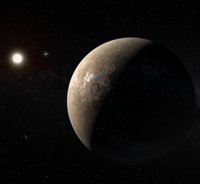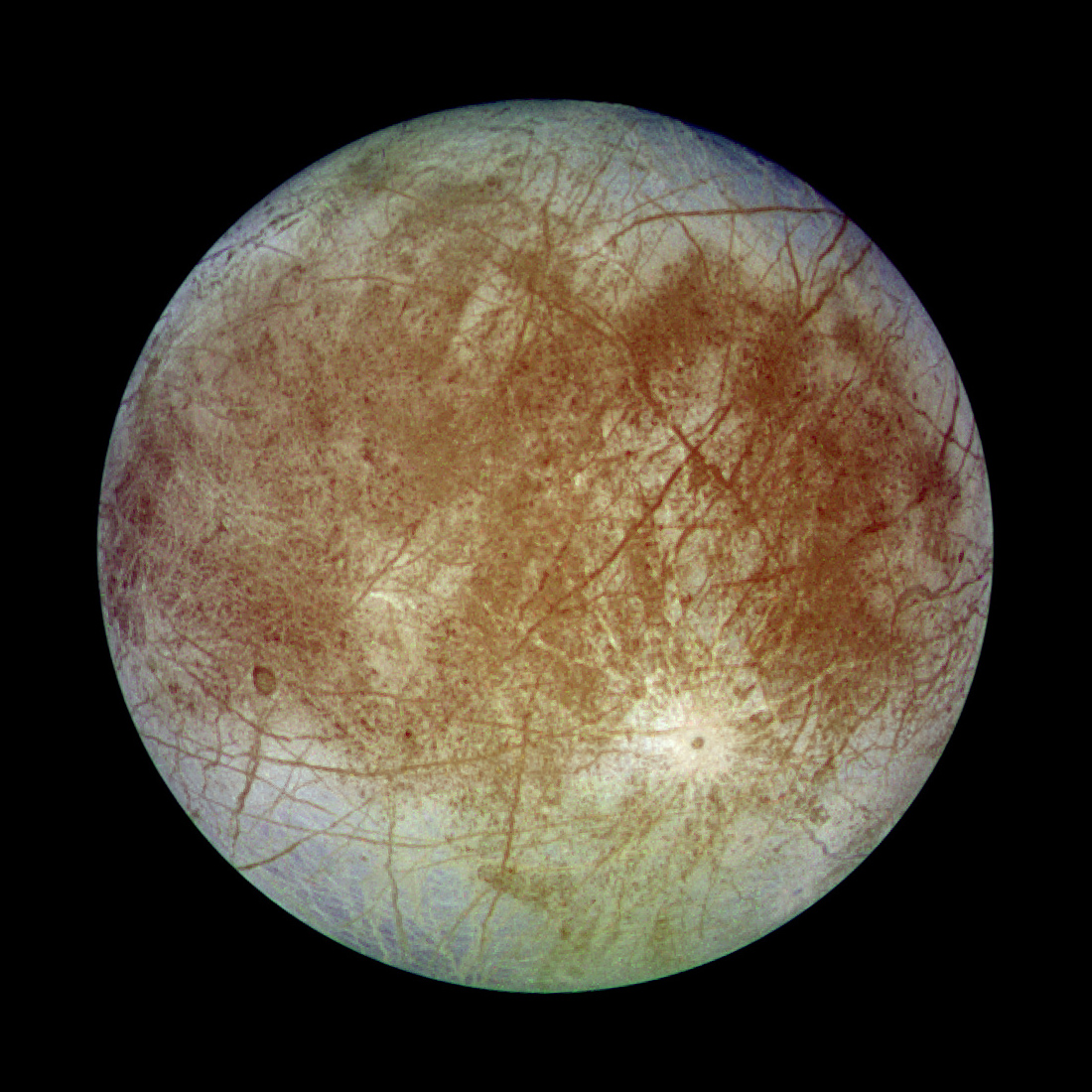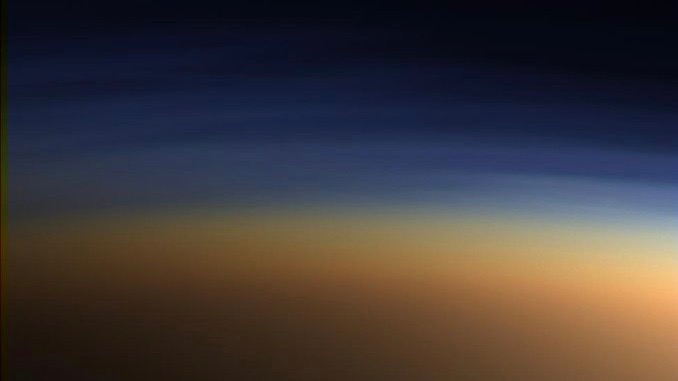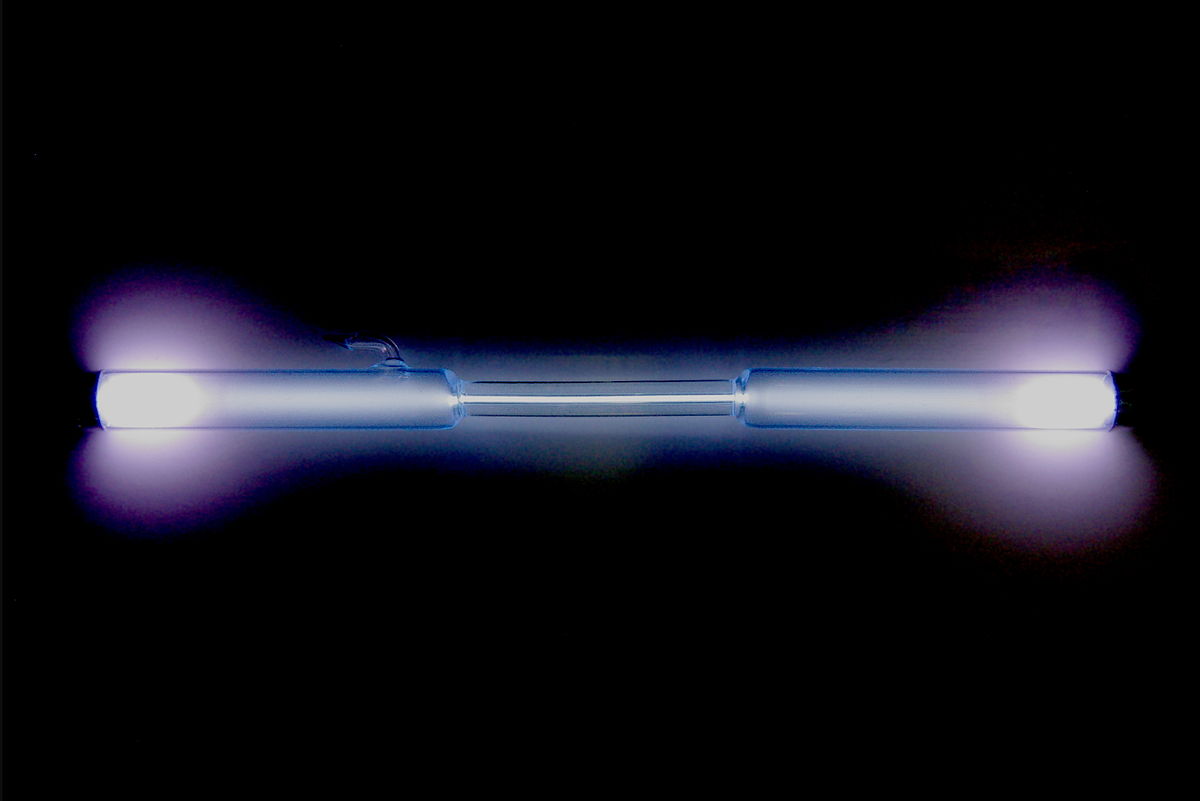
Proxima Centauri b – a possibly terrestrial planet orbiting in the habitable zone of our Sun’s nearest stellar neighbor – will provide an unprecedented opportunity to understand the evolution and nature of terrestrial planets orbiting M dwarf stars. These stars, although plentiful, undergo strong evolution in stellar brightness when they are young, and have main sequence habitable zones that are extremely close to the star. These factors enhance star-planet interactions, and could pose challenges to planetary habitability. Although Proxima Centauri b cannot be observed using current astronomical instrumentation, it may be accessible to upcoming ground-based instrumentation and telescopes, and to the James Webb Space Telescope, slated for launch in 2018. To support these upcoming observations, I will describe a comprehensive, interdisciplinary modeling study undertaken by the NAI’s Virtual Planetary Laboratory team that explores the possible evolutionary scenarios, current climate states and anticipated observational features for Proxima Centauri b – as an archetype for potentially habitable M dwarf planets. Models of stellar evolution, atmospheric escape, planetary interiors and orbital dynamics are used to generate multiple plausible evolutionary paths for Proxima Cen b, and atmospheric climate and photochemical models are then used to generate current day atmospheres and climate states. These include high-O2, high-CO2, and more Earth-like atmospheres, with either oxidizing or reducing compositions. We find that while some outcomes are indeed habitable, others may be uninhabitable due to surface temperature, desiccation, or both. We have also used radiative transfer and instrument models to generate synthetic spectra and thermal phase curves, to identify which observational features best discriminate between possible environmental states.
 Getting Under Europa’s Skin
Getting Under Europa’s Skin Tracing Formation and Evolution of Outer Solar System Bodies Through Stable Isotopes and Noble Gas Abundances
Tracing Formation and Evolution of Outer Solar System Bodies Through Stable Isotopes and Noble Gas Abundances Photosynthesis, a Planetary Revolution
Photosynthesis, a Planetary Revolution Xenon: King of the Gases
Xenon: King of the Gases